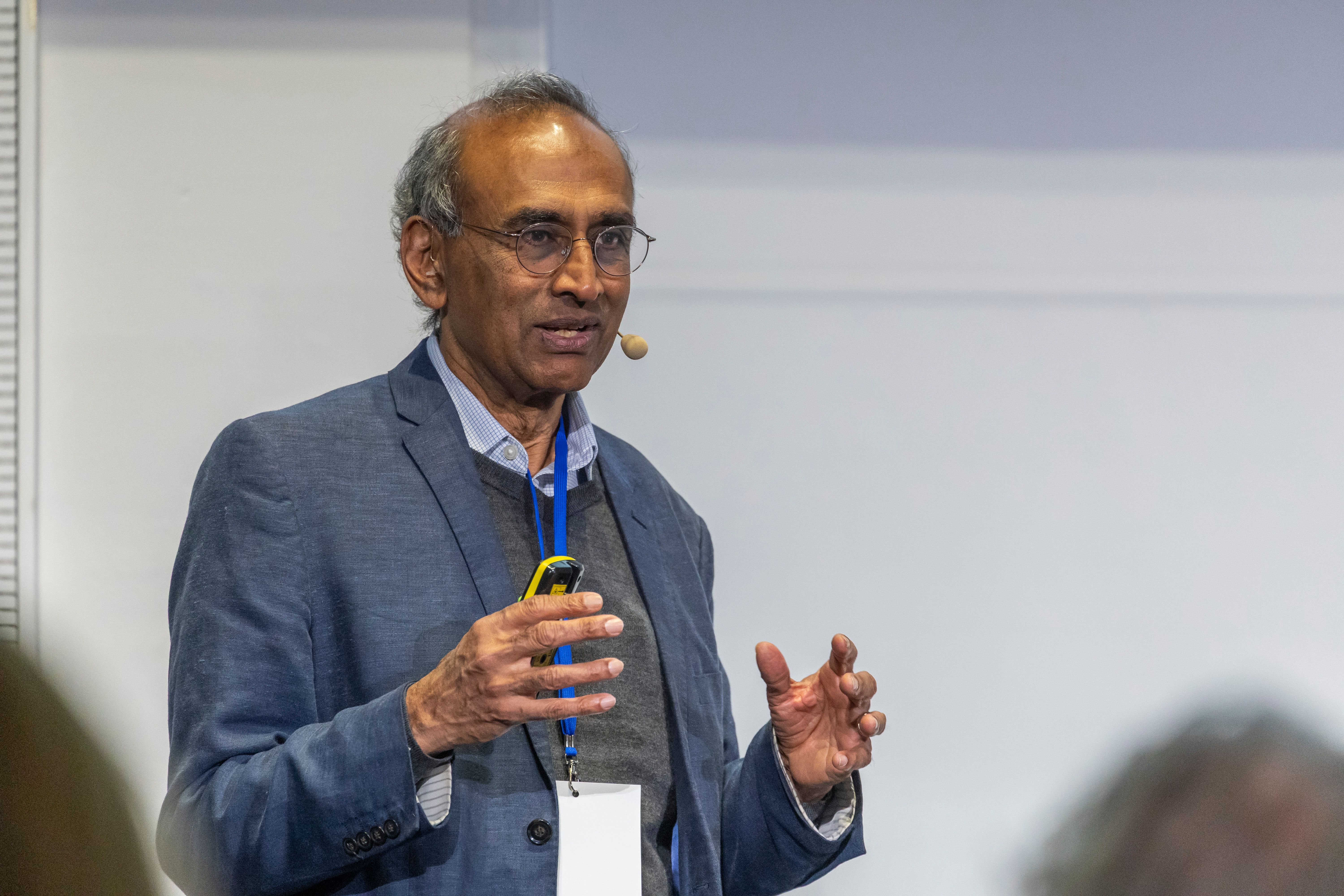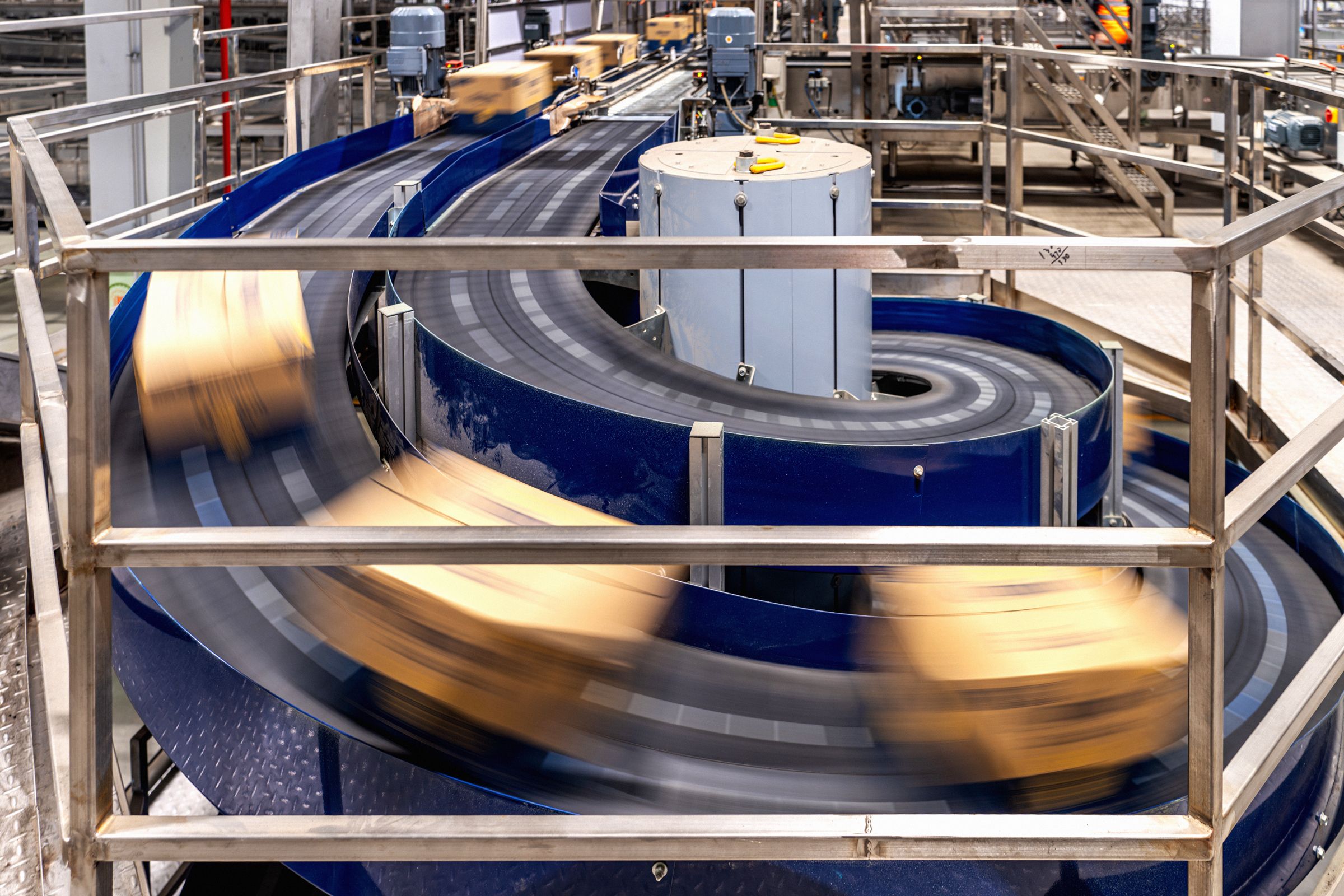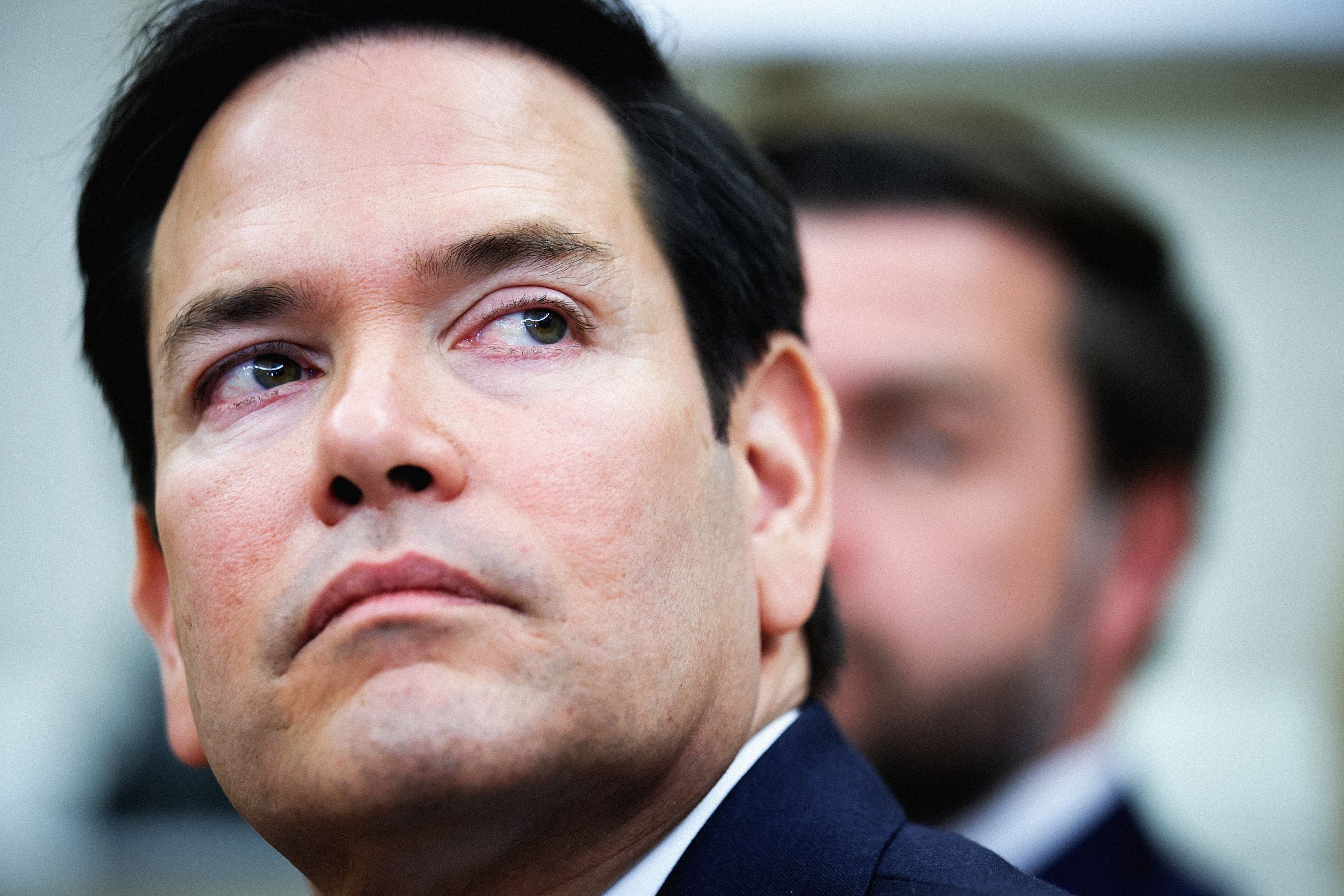‘We Are Not Programmed to Die,’ Says Nobel Laureate Venki Ramakrishnan
‘We Are Not Programmed to Die,’ Says Nobel Laureate Venki Ramakrishnan
According to Nobel laureate Venki Ramakrishnan, humans are not programmed to die. He believes that aging and…

‘We Are Not Programmed to Die,’ Says Nobel Laureate Venki Ramakrishnan
According to Nobel laureate Venki Ramakrishnan, humans are not programmed to die. He believes that aging and death are not inevitable and can be addressed through scientific research and advancements.
Ramakrishnan, who won the Nobel Prize in Chemistry in 2009 for his work on ribosomes, the cellular machinery that synthesizes proteins, is a strong advocate for extending human lifespan and improving quality of life in old age.
He argues that with the rapid pace of technological development in fields such as genetics, biotechnology, and AI, it is only a matter of time before we can overcome the limitations of aging and mortality.
Ramakrishnan acknowledges that there are ethical considerations and potential societal implications of extending human lifespan, but he believes that these challenges can be addressed through careful planning and regulation.
He emphasizes the importance of investing in research and innovation to unlock the secrets of aging and develop interventions that can extend human lifespan without compromising quality of life.
Ramakrishnan’s optimism and bold vision for the future of aging and longevity have sparked debates and discussions among scientists, policymakers, and the general public.
While some may view his ideas as far-fetched or controversial, Ramakrishnan remains confident that with the right scientific approach and ethical framework, we can achieve significant breakthroughs in the field of aging research.
In conclusion, Venki Ramakrishnan’s belief that humans are not programmed to die challenges conventional wisdom and offers a hopeful vision for the future of aging and longevity. With continued research and innovation, we may one day overcome the limitations of aging and achieve extended lifespans for future generations.






